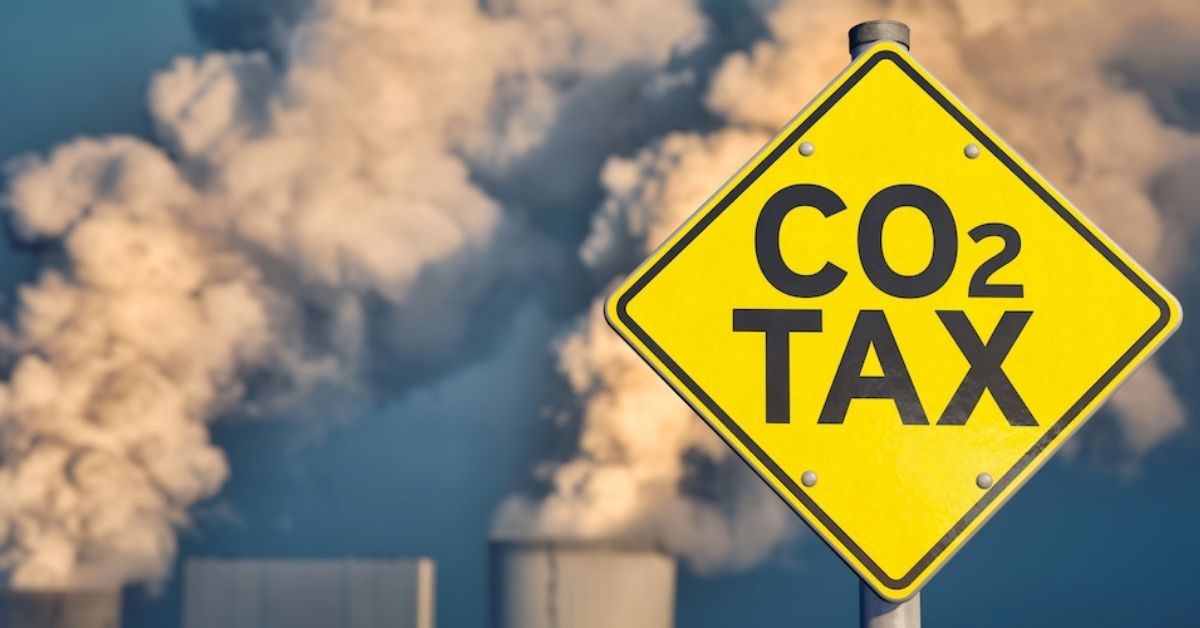The government is considering to impose carbon tax on certain imports, as our exports into the European Union are also facing environmental hurdles, with the UK and other developed countries expected to join the club in the coming years.
The Carbon Border Adjustment Mechanism (CBAM), which kicks in from January 2026, could result in an additional burden of at least 8-9% on certain products, with the levy likely to be as high as 25-30% in certain other categories. The tax will negate any benefits that may accrue to India from the free trade agreement (FTA) with the trading bloc that is currently under discussion.
The tax – which India is contesting at the World Trade Organisation (WTO), as well as bilaterally – is seen to be violating global treaties. BRICS nations and other developing countries have also voiced their concerns against the move with the government looking to actively counter it.
While the environment ministry and the power ministry are working on issues to address some of them domestically, the commerce department and the finance ministry have held consultations to assess the overall impact on the Indian economy and also examine the option to impose some sort of a tax on certain segments of imports, including luxury products with high carbon content.







